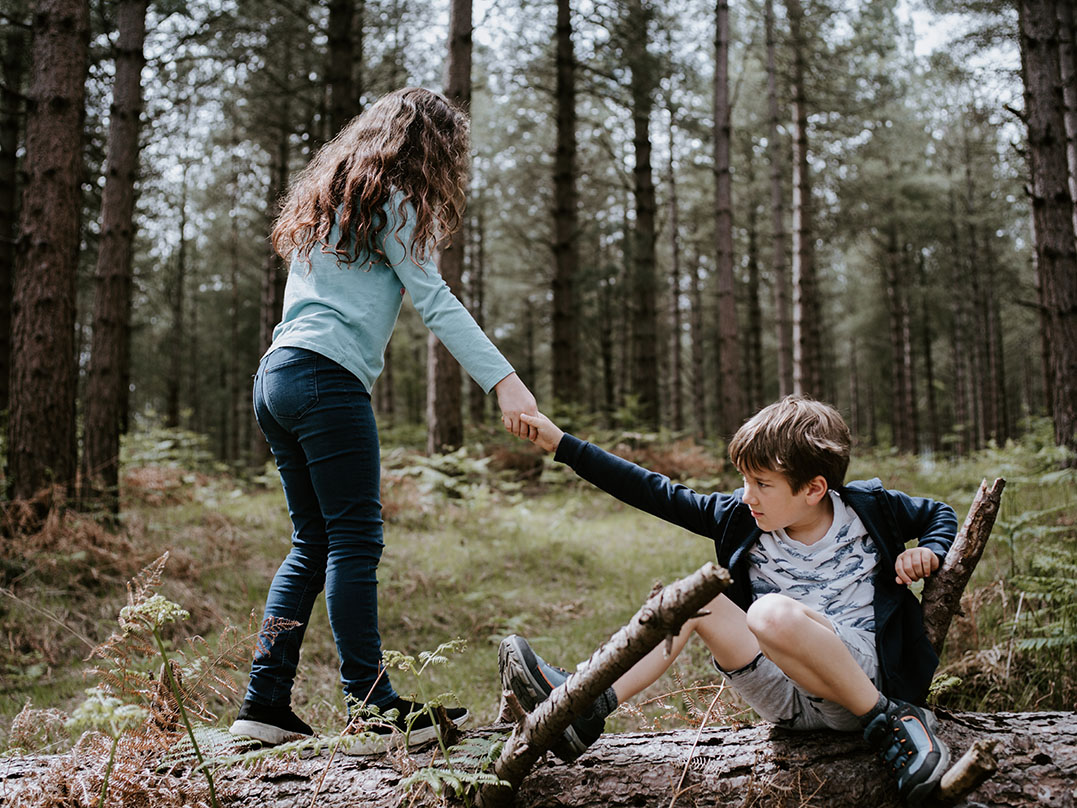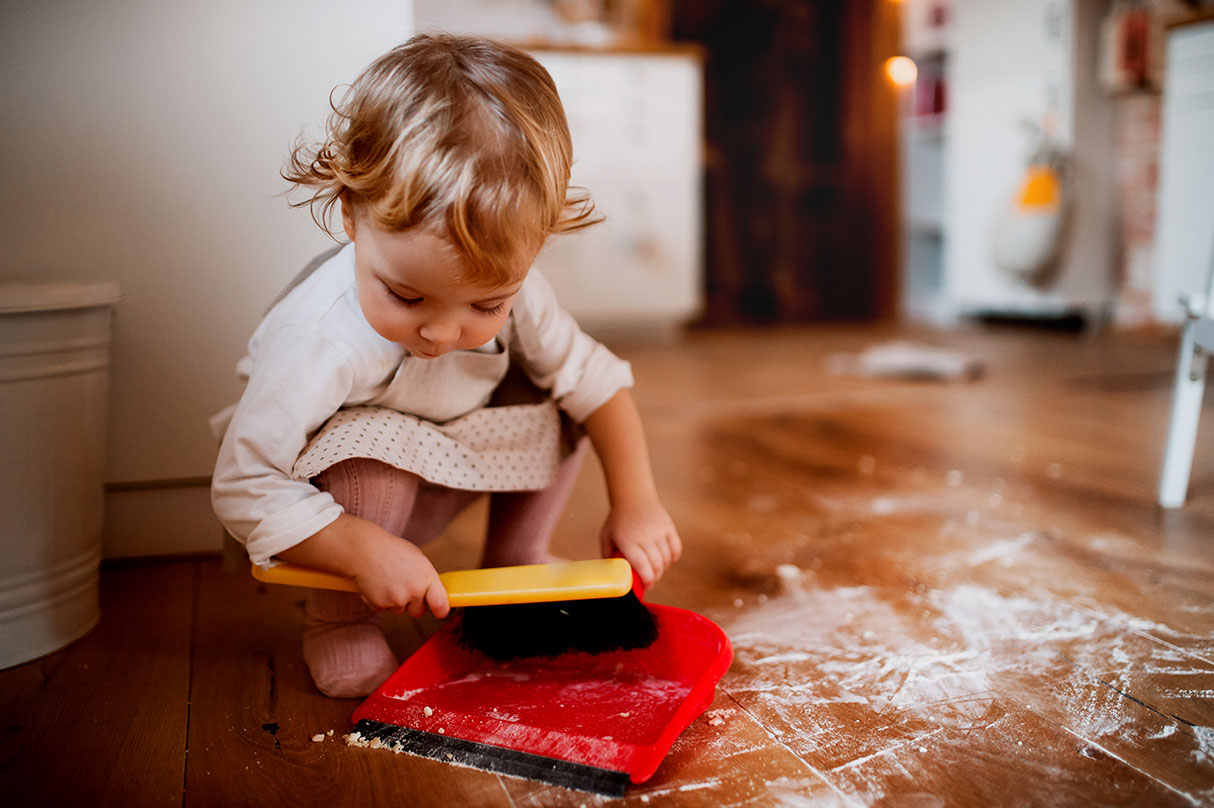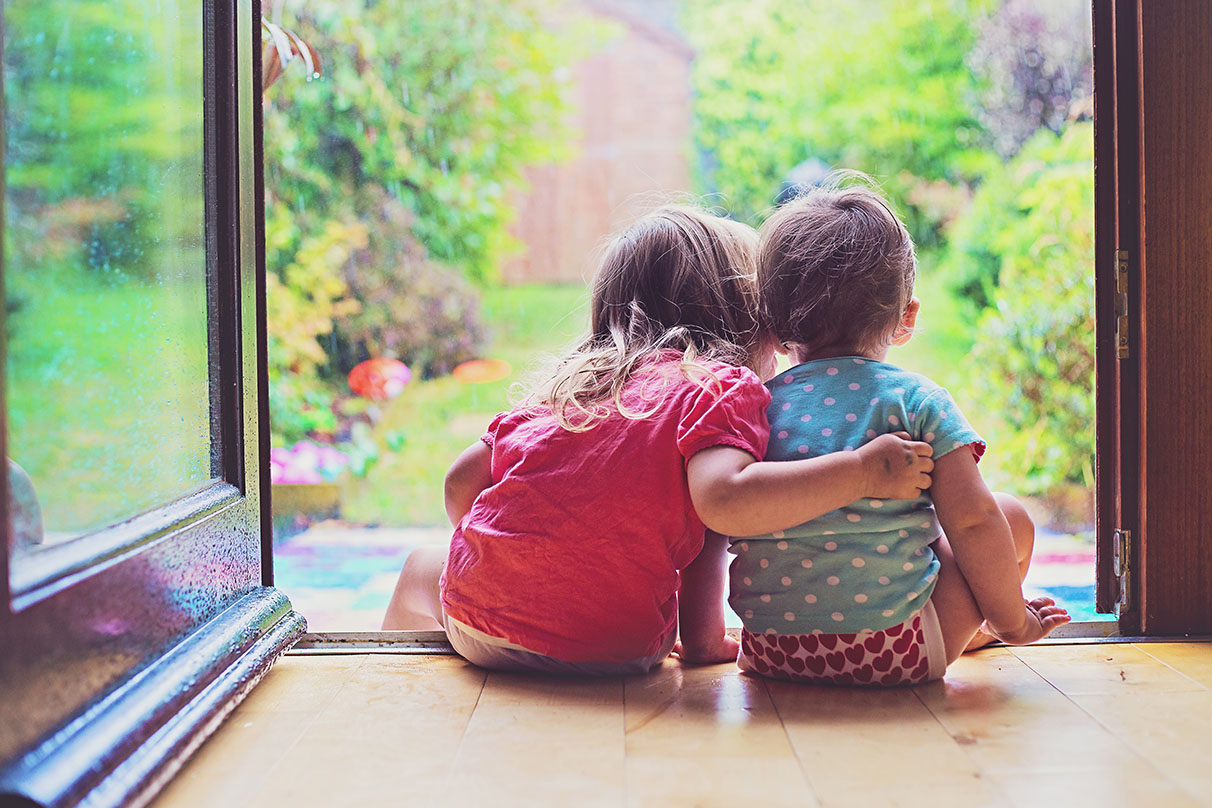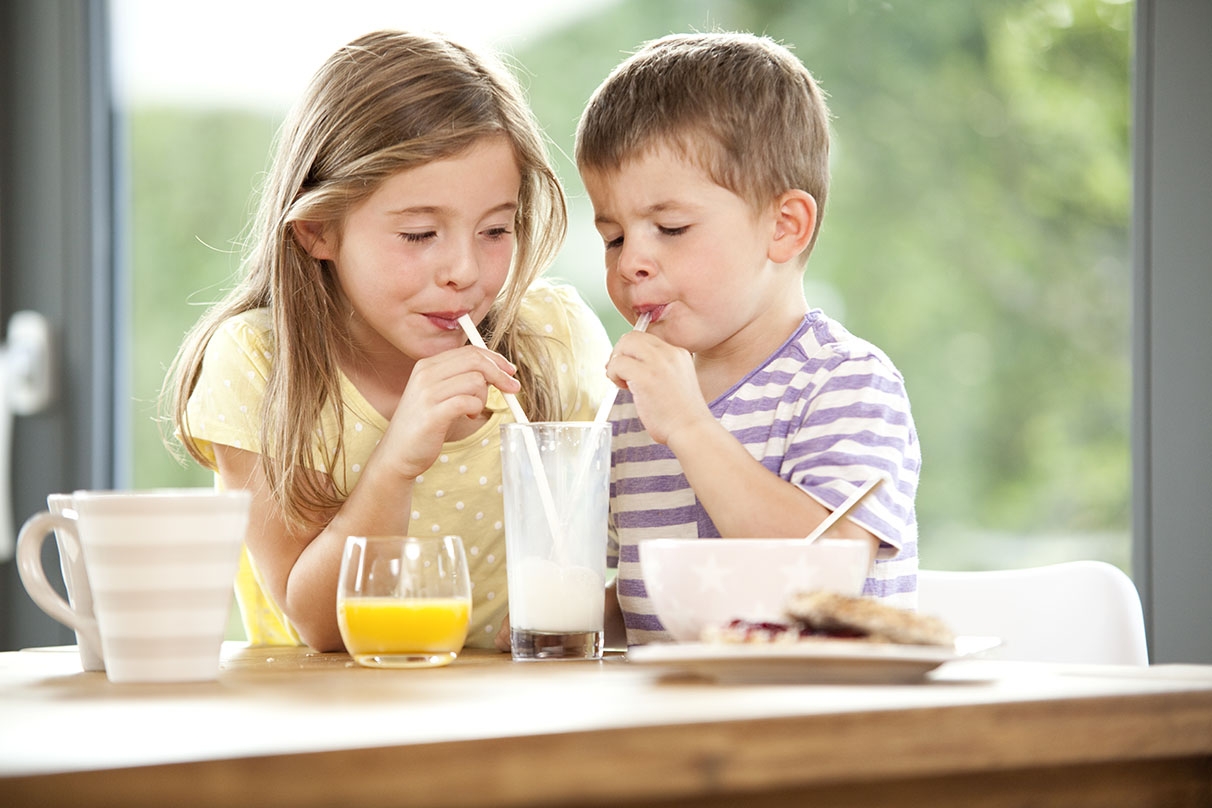New research finds adults believe that at age 11 kids become less kind
Do you agree?

Would you share your food with someone else? Or help someone pick something up that they’d dropped on the floor? Apparently adults are less likely to showcase a caring nature or rush to someone’s aid than children. And the age that adults think kids begin to mimic this behaviour is 11.
This is according to new research carried out by Bassetts Vitamins, which studied 1000 adults and 1000 children. Results showed that as we become aware of social norms, we act less on instinct and become preoccupied with our other things (phones!), and kindness diminishes.
The study involved a behavioural experiment to highlight the differences between adults and children when it comes to being kind.
Participants were told they would be taking part in an experiment and instructed to sit in the waiting room while everything was being set up – unaware they were already under observation.
While they eagerly awaited what was going to happen next, an actor posing as a production assistant, started tidying up and ‘accidentally’ knocked over a pot of pens to see how the volunteers reacted.

The differences between the adults and children were immediately obvious. As the kids got up to help clear up the felt-tip pens without question, the grown-ups were more hesitant.
‘The results of the experiment confirm that children feel more comfortable with others who are caring and kind, because experience has taught them that kindness creates a better atmosphere than conflict at home, and cooperation gets better results,’ says child psychologist, Dr Richard Woolfson.
GoodtoKnow Newsletter
Parenting advice, hot topics, best buys and family finance tips delivered straight to your inbox.
He continues: ‘Once they leave the sheltered world of childhood, and enter adulthood, however, they find that priorities change, that results are valued more than people, and that success is valued more than sensitivity. In that harsher environment, kindness becomes less important, and may even be construed as a weakness. This may explain why the adults who took part in the experiment were less helpful than their children.’

Adult do still showcase their caring nature, by opening doors (56% claimed they do this regularly in a typical week), making tea for others (45%) and smiling at a stranger (42%).
However being charitable ranked low on the list, with just one in five adults checking in on an elderly neighbour, and just 17% putting some time aside for volunteering.
They’re also less likely than kids to share food. Only 33% would think of doing so, compared to 43% of children who would happily hand some over to a friend or loved one. While children are more likely to dole out hugs.

However, both adults and children agreed good will is an important attribute to have, with 68% of grown-ups saying this would make them prouder than their children getting good results at school.
Watch the full video of the experiment here.
Warning, it's pretty sweet!